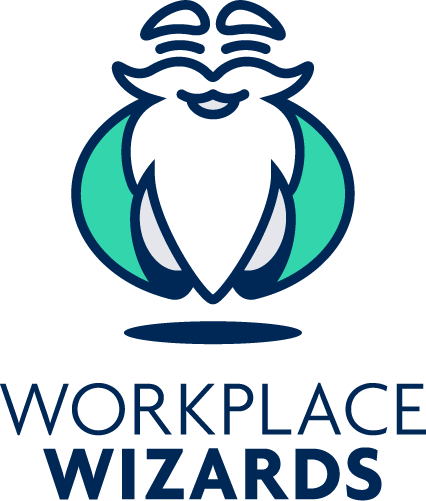The Victorian Government has recently proposed the Occupational Health and Safety Amendment (Psychological Health) Regulations (Vic) (the “Amended Regulations”). These Amended Regulations were set to commence on 1 July 2022 but have not yet been introduced into legislation at the date of publication of this article – the changes are likely to be in effect later this year.
The Amended Regulations aim to improve occupational health and safety (OHS) by identifying, managing and eliminating psychosocial hazards in the workplace by placing duties on employers to identify, report and control psychosocial hazards, implement prevention plans.
What are Psychosocial hazards?
Psychosocial hazards are defined in the Amended Regulations to include any factor(s) in
- the work design;
- the systems of work;
- the management of work;
- the carrying out of the work; or
- personal or work-related interactions;
that may arise in the working environment and may cause an employee to experience one or more negative psychological responses that create a risk to their health and safety”.[1]
Examples of psychosocial hazards include: [2]
- bullying
- sexual harassment
- aggression or violence
- exposure to traumatic events or content
- high job demands
- low job demands
- low job control
- poor support
- poor organizational justice
- low role clarity
- poor environmental conditions
- remote or isolated work
- poor organizational change management
- low recognition and reward
- poor workplace relationships
CHANGES TO OHS REGULATIONS
Current Regulations
Prior to the proposed amendments, the Victorian OHS Regulations did not include any specific provisions relating to psychological health. Psychological health was included under the general duties in the OHS Act and further managed through a range of non-statutory guidance tools.
Proposed Amended Regulations
The Amended Regulations seek to promote to both employers and employees the importance of psychological health and safety in the workplace, and to ensure employers are regularly identifying, controlling, reviewing and implementing risk prevention and management strategies at work.[1]
The Amended Regulations legally require employers to:
- identify psychosocial hazards, which are defined in the Amended Regulations; [2]
- eliminate any risk associated with a psychosocial hazard, as is reasonable; [3]
- review and revise any measures implemented to control risks associated with any psychosocial hazards; [4]
- create a prevention plan where employers have identified certain psychosocial hazards in the workplace, including aggression or violence, bullying, exposure to traumatic content or events, high job demands and sexual harassment; [5] and
- for each reporting period, provide an updated report to the Authority of any reportable psychosocial complaint the employer has received during the reporting period.[6]
What does this mean FOR EMPLOYERS IN DIFFERENT INDUSTRIES?
Health
In the health, aged and palliative care, social and community services and charities industries, these changes reaffirm the need for employers to ensure a safe workplace with particular focus on:- the impact of the pandemic on health care and community services workers who, as a result of the frontline nature of their work, have increased exposure to traumatic situations impacting their mental health; and
- the effect of low staffing, especially within hospitals and among paramedics, where employees are under increased pressure and greater workload.
Wealth
For employers in the finance, wealth creation, superannuation, insurance and accounting sectors, these changes reaffirm the need for employers to ensure a safe workplace with particular focus on:- the mental health risks that occur as a result of organisational cultures that encourage long hours and limited flexibility;
- the potential for bullying and sexual harassment that may occur as a result of power imbalances in the workplace; and
- support and focus directed toward higher level employees, with lower-level employees receiving less assistance.
Make & Take
In the construction, manufacturing, engineering, civil and infrastructure industries, warehousing, transport and logistics, rail, freight and port industries, these changes reaffirm the need for employers to ensure a safe workplace with particular focus on:- the heightened risk of mental health issues amongst male dominated workforces, who may encounter barriers to seeking as a result of stigma. The construction sector itself has suicide rates 2 times higher than the overall national average;[1]
- instances of toxic workplace cultures within these industries and the risk of bullying and sexual harassment, aggression or violence in the workplace;
- the demanding and physically strenuous nature of the work aligns with high job demands; and
- remote or isolated work where employees may be alone for long periods of time with little social interaction.



0 Comments Leave a comment
Comments are closed.